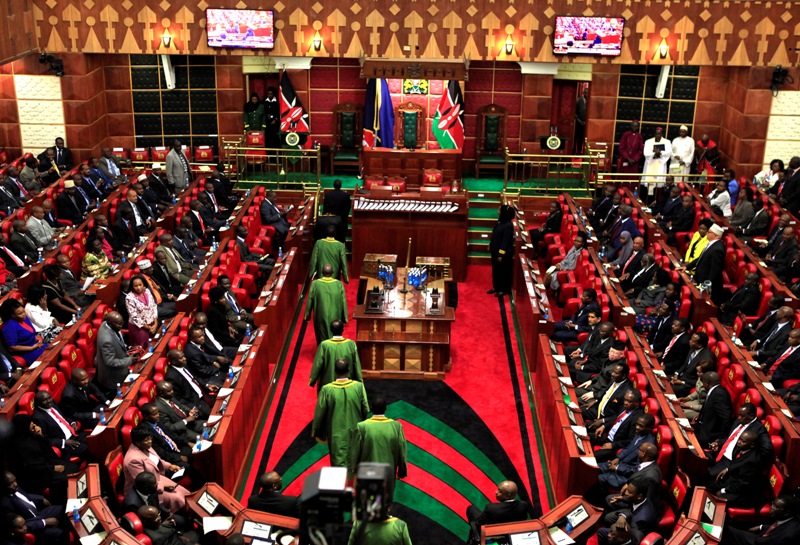MPs Pass Finance Bill 2025, Reject Controversial Proposal to Grant KRA Unchecked Access to Personal Data
Parliament has passed the Finance Bill 2025 but removed a controversial proposal that would have allowed KRA access to personal financial data. MPs argued it violated privacy rights under the Constitution. The decision preserves legal safeguards while still advancing tax reforms.
Kenya’s National Assembly has officially passed the Finance Bill 2025, marking a major milestone in the country’s fiscal planning. However, one of the most contentious proposals in the Bill — one that sought to allow the Kenya Revenue Authority (KRA) unfettered access to taxpayers personal and financial data — was decisively dropped after intense debate in Parliament.
The scrapped clause would have empowered the KRA to access private financial records, including mobile money transactions and bank account details, without prior judicial authorization. Lawmakers and privacy advocates widely condemned the proposal as intrusive and unconstitutional. It sparked a heated conversation on data privacy, government overreach, and the balance between efficient tax collection and personal rights.
During Thursdays parliamentary session, members of the National Assembly approved the Finance Bill through acclamation. With this legislative approval, the Bill is now ready for presidential assent and enactment into law. However, the controversial data access clause did not survive the legislative process, having failed to meet constitutional requirements.
The National Assembly Finance and Planning Committee, chaired by Molo MP Kuria Kimani, presented a comprehensive report outlining the reasons for removing the clause. According to the report, the proposal failed to align with Article 31 of the Constitution of Kenya, which guarantees every citizen the right to privacy — including the privacy of their communications, personal information, and possessions. The Committee also cited Section 51 of the Data Protection Act, which outlines specific conditions under which personal data can be accessed or exempted from protection.
The MPs concluded that the existing legal structures already provide the KRA with the means to obtain information legally, but only with proper judicial oversight. “This ensures that tax enforcement powers are exercised within a framework of legal oversight and due process,” the report stated, affirming that the principle of checks and balances must prevail even in tax administration. Despite the opposition, the government had strongly defended the clause.
Treasury Cabinet Secretary John Mbadi had argued that the provision was necessary to enhance tax compliance, given the high levels of under-reporting and tax avoidance among even high-income earners. In a recent interview, Mbadi admitted the difficulty in relying solely on voluntary compliance mechanisms. “If it were up to us, even those earning well like me would not be honest in paying taxes,” he remarked, adding that without firm oversight, compliance would remain low.
“People love convenience, especially where money is involved. If you just let Kenyans pay taxes at will without being followed up, they will not.” Echoing these sentiments, KRA Chairperson Ndiritu Muriithi had emphasized that the move would have helped seal loopholes that contribute to massive tax revenue losses. He pointed out that out of the 20 million Kenyans registered with a KRA PIN, only half file returns, and a majority of those — about six million — file nil returns. Nonetheless, Parliament stood firm in its defense of constitutional protections.
With the clause removed, the Finance Bill 2025 will proceed without the controversial data access proposal, striking a balance between fiscal responsibility and the protection of civil liberties. The move has been praised by privacy advocates and civil society organizations who saw the clause as a potential doorway to mass surveillance. As Kenya continues to strengthen its tax system, lawmakers have made it clear that any reforms must respect the Constitution and uphold the rights of citizens. The rejection of the data access clause is a clear signal that even in the pursuit of greater revenue collection, constitutional principles remain paramount.













